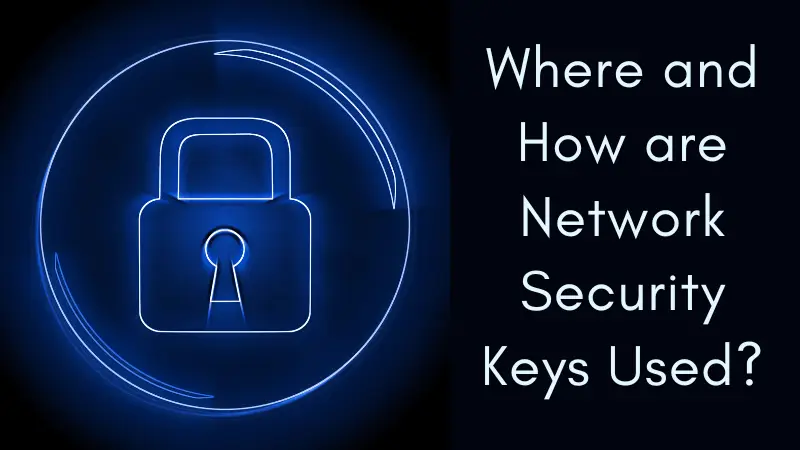The Best VPN for Streaming 2026: Fast, Secure, and Reliable Options
Last updated: March 2026
Streaming is now the go-to source for entertainment, offering everything from binge-worthy shows to exclusive sports events. However, geo-restrictions, ISP throttling, and privacy concerns can hinder your streaming experience. This is where a VPN for streaming becomes essential.
- Connect up to 6 devices simultaneously
- Browse the internet with total privacy
- 30-day no hassle money-back guarantee
- Connect to over 94 countries
- High speed streaming: Netflix, Disney+, HBO
- 30-day money-back guarantee
- Fast connection speeds
- Surf the web in total privacy
- Offers WireGuard
- Ultra-fast speeds
- 3200+ servers in 65 countries
- Unlimited simultaneous connections
- Ultra-fast streaming experience
- Over 6400 servers worldwide
- 45-day money-back-guarantee
Why You Can Trust the Expertise of Sonary
At Sonary, we are committed to providing accurate and trustworthy information to help you make informed decisions. Our research process is meticulous, transparent, and guided by a dedication to maintaining the highest standards of integrity, ensuring accurate, real-world insights.
Read more here
Unlike many other review platforms, we conduct in-depth evaluations of the software and services we feature. Our expert team tests and actively uses the tools we review to understand their features, performance, and value comprehensively. Our assessments are based on real-world use, giving you insights beyond surface-level descriptions. Our research methodology includes analyzing key consumer factors such as pricing, functionality, device usability, scalability, customer support quality, and unique industry-specific features. This hands-on approach and dedication to transparency mean you can trust Sonary to deliver regular, up-to-date content and recommendations that are well-researched and genuinely helpful for your business needs.What is a VPN for Streaming?
A VPN (Virtual Private Network) is a tool that encrypts your internet traffic and reroutes it through secure servers in different locations. A streaming VPN focuses specifically on optimizing your connection to unlock restricted content and ensure high-speed, buffer-free playback.
How Does a VPN Work for Streaming?
- When you connect to a VPN, your real IP address is replaced with an IP address from the server you choose.
- Streaming platforms see your new IP address, tricking them into thinking you’re accessing their service from a supported location.
- Encryption ensures your ISP cannot see what you’re doing, avoiding bandwidth throttling.
Why is it Important?
- Geo-restrictions: Platforms like Netflix or Disney+ offer different content libraries based on your location. A VPN grants access to international libraries.
- Privacy protection: VPN encryption ensures your activity remains private, even on public Wi-Fi.
- Speed maintenance: A VPN prevents ISPs from intentionally slowing your connection during streaming sessions.
Example: If you’re in Europe and want to watch the U.S. version of Netflix, a VPN can route your traffic through a U.S.-based server to unlock the library.
Why Use a VPN for Streaming?
Here’s a deeper look at the advantages of using a VPN for streaming:
- Access global content
With a VPN, you can unlock region-specific platforms and libraries, such as:- Netflix U.S., UK, Japan, Canada, and more.
- BBC iPlayer (UK) for exclusive British shows.
- Hulu (U.S.) and Disney+ international catalogs.
- Bypass ISP throttling
Internet Service Providers often slow down connections for streaming-heavy activities. A VPN masks your online activity, preventing ISPs from throttling speeds. - Privacy on Public Wi-Fi
Public Wi-Fi networks are often unsecured, making them risky for streaming. VPNs protect your data from hackers and snoopers. - Stream live sports and events
Sports events are often restricted to specific countries. A VPN gives you access to platforms like DAZN, ESPN+, or Kayo Sports to watch matches live. - Watch while traveling abroad
If you’re traveling, local platforms may block access to your favorite home-country content. A VPN ensures uninterrupted access.
Summary of VPN Benefits for Streaming
| VPN benefit | How it helps |
| Bypass Geo-Restrictions | Unlocks content libraries and live events in different regions. |
| Prevent ISP Throttling | Ensures smooth and buffer-free streaming in HD and 4K. |
| Enhance Privacy | Keeps your data secure, especially on public Wi-Fi. |
| Access Global Sports | Allows viewing of sports and events not available in your region. |
| Travel Convenience | Ensures access to home country subscriptions while abroad. |
Key Features to Consider in a Streaming VPN
Choosing the right VPN for streaming involves evaluating specific features that ensure a seamless, secure, and unrestricted experience. Here are the key factors to consider when selecting the best VPN for streaming:
1. High-speed connections
Buffering and lag are the enemies of a good streaming experience. A VPN must deliver consistently fast speeds to support high-definition (HD) and 4K video playback.
What to fook For:
- Low latency: Reduces delay between your device and the VPN server.
- High bandwidth: Handles large amounts of streaming data efficiently.
- Optimized servers for streaming: Servers specifically tuned for platforms like Netflix or Disney+.
Pro tip: Premium VPNs like NordVPN and ExpressVPN invest heavily in infrastructure to ensure top-notch streaming speeds.
2. Extensive server network
A larger server network means better access to geographically restricted content. The more server locations available, the easier it is to bypass restrictions and unlock content libraries from different countries.
What to look cor:
- Servers in key regions: Ensure the VPN has servers in countries with rich streaming libraries like the U.S., UK, and Japan.
- Load balancing: VPNs with less congested servers maintain higher speeds.
- Global coverage: Choose a VPN with servers in at least 50+ countries to maximize options.
Example: Want to watch Netflix Japan? A VPN with a server in Tokyo will grant instant access.
3. Unblocking capabilities
Not all VPNs can bypass the advanced geo-blocking technology used by major streaming platforms. The best VPNs for streaming continually update their capabilities to stay ahead of these restrictions.
What to look for:
- Ability to unblock popular platforms like Netflix, Hulu, Amazon Prime Video, BBC iPlayer, and Disney+.
- Success rate of accessing region-specific libraries (e.g., Netflix U.S.).
- Consistency in unblocking content without errors or detection.
Pro tip: VPNs like ExpressVPN and CyberGhost are known for their strong unblocking capabilities.
4. Device compatibility
Streaming isn’t limited to a single device, so your VPN should work across various platforms and devices. This ensures flexibility whether you’re streaming on a Smart TV, smartphone, or gaming console.
What to look for:
- Multi-device support: Compatibility with Smart TVs, PCs, mobile devices, Firestick, and gaming consoles like Xbox or PlayStation.
- Custom apps: User-friendly apps specifically designed for Android TVs, Roku, or Amazon Firestick.
- Simultaneous connections: Support for multiple devices to allow household members to stream on different platforms simultaneously.
Example: Surfshark offers unlimited device connections, making it ideal for families.
5. Unlimited bandwidth
Some VPNs impose data limits or throttle bandwidth after a certain threshold, making them unsuitable for binge-watching. A good streaming VPN should provide unlimited bandwidth to ensure uninterrupted access to your favorite shows and movies.
What to Look For:
- No data caps: Avoid VPNs with free plans that restrict usage to a specific amount of data per month.
- Stable connections: Consistency even during peak usage times.
Pro Tip: Premium VPNs like NordVPN and ExpressVPN guarantee unlimited data for all users.
6. Streaming-optimized servers
Specialized servers are designed specifically for streaming. These servers bypass geo-blocks effectively and maintain high speeds, even under heavy traffic.
What to Look For:
- Streaming-dedicated servers: Check if the VPN offers servers optimized for platforms like Netflix or Hulu.
- Server load indicators: Helps you pick less crowded servers for better performance.
Example: CyberGhost has dedicated servers labeled for specific streaming platforms, making it easy to choose the right one.
7. Strong privacy and security
Even while streaming, protecting your online activity from hackers, advertisers, and ISPs is essential. A secure VPN ensures your privacy is never compromised.
What to look For:
- AES-256 encryption: Industry-standard encryption to safeguard your data.
- No-logs policy: Ensures the VPN doesn’t store or share your online activity.
- DNS leak protection: Prevents your real IP address from being exposed.
Pro Tip: Security features like Double VPN (offered by NordVPN) or CleanWeb (by Surfshark) add an extra layer of protection.
8. User-friendly interface
Ease of use is crucial, especially for those new to VPNs. A well-designed app simplifies the process of connecting to servers and troubleshooting issues.
What to look for:
- Intuitive app design: Clear navigation and server selection.
- Quick-connect options: Automatically connects you to the best server for streaming.
- Multi-language support: Important for global users.
Example: ExpressVPN features a one-click connect option, ideal for beginners.
9. Customer support
Streaming interruptions caused by server issues or setup problems can be frustrating. Reliable customer support ensures help is available whenever needed.
What to look for:
- 24/7 live chat: Immediate assistance for resolving streaming or connection issues.
- Comprehensive FAQs and tutorials: Guides for setting up VPNs on various devices.
Pro tip: VPNs like ExpressVPN and NordVPN are known for their responsive customer support teams.
10. Free trial or money-back guarantee
Trying a VPN before committing is always a good idea, especially for streaming. Many top VPNs offer risk-free trials or satisfaction guarantees.
What to look for:
- Free trials: Test premium features without upfront costs.
- 30- to 45-day money-back guarantees: Ample time to evaluate the VPN.
Example: CyberGhost provides a 45-day money-back guarantee, one of the longest in the industry.
Checklist for a perfect streaming VPN
Here’s a quick summary of the key features to ensure your VPN meets streaming needs:
| Feature | Why It Matters |
| High-Speed Connections | Prevents buffering and supports HD/4K streaming. |
| Extensive Server Network | Unlocks content from multiple regions worldwide. |
| Unblocking Capabilities | Ensures access to major streaming platforms. |
| Device Compatibility | Works across Smart TVs, PCs, mobile devices, and consoles. |
| Unlimited Bandwidth | Avoids interruptions during streaming marathons. |
| Streaming-Optimized Servers | Maintains speed and bypasses geo-restrictions effectively. |
| Strong Security Features | Protects your privacy while streaming. |
| User-Friendly Interface | Simplifies server selection and connection setup. |
| 24/7 Customer Support | Helps resolve issues quickly for uninterrupted streaming. |
| Free Trial/Guarantee | Allows you to test the service risk-free. |
Top VPNs for Streaming Services in 2026
Based on extensive research and user reviews, here are the top VPNs for streaming:
NordVPN
Overview: Renowned for its exceptional unblocking capabilities and high-speed servers, NordVPN is a top choice for streaming enthusiasts.
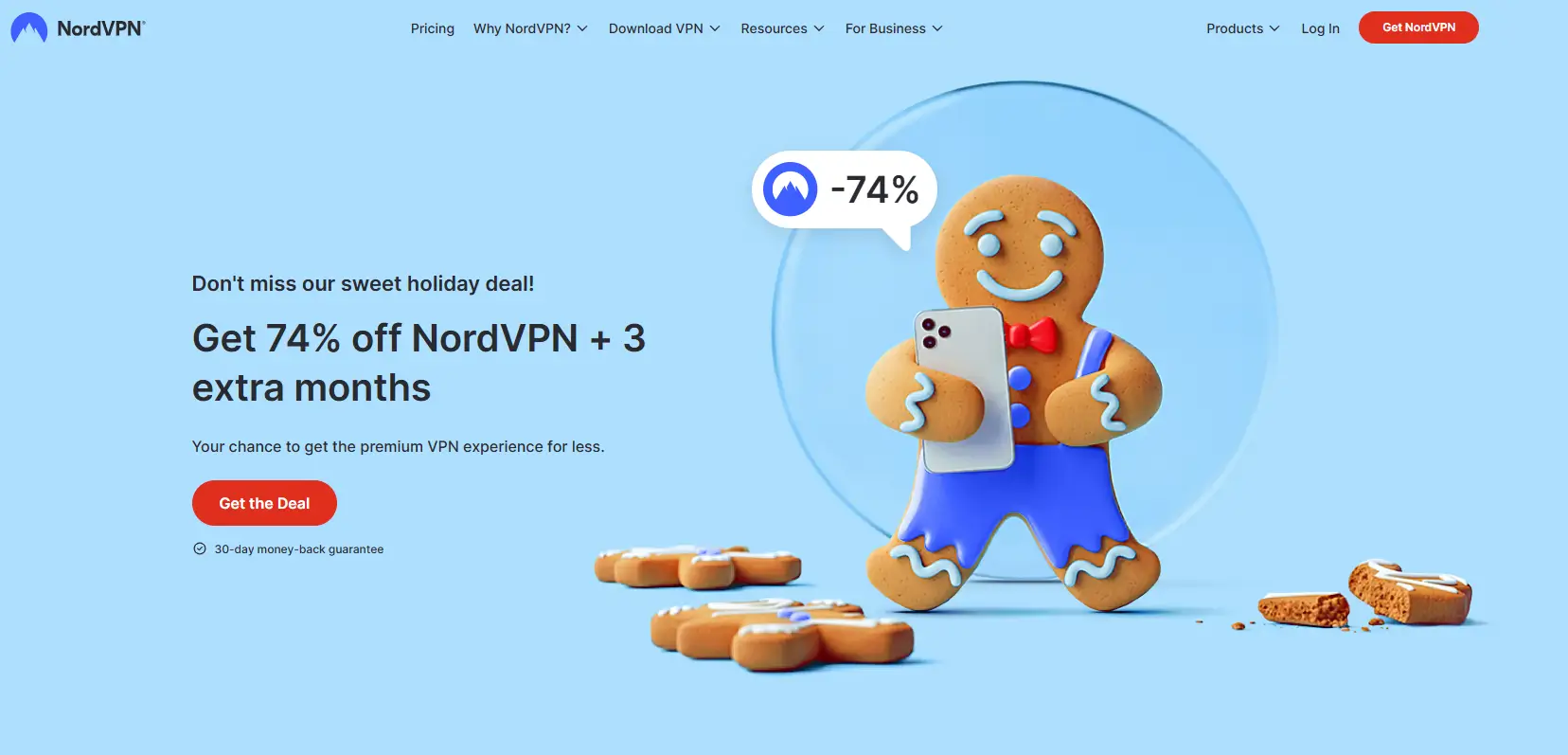
Key Features:
- Over 5,000 servers in 60 countries.
- SmartPlay technology for seamless access to streaming sites.
- Consistently unblocks platforms like Netflix, Amazon Prime Video, and BBC iPlayer.
Pros:
- Fast and reliable connections.
- Strong security features, including Double VPN and CyberSec.
- 24/7 customer support.
Cons:
- Desktop app can be slightly complex for beginners.
- More Information: NordVPN Review
ExpressVPN
Overview: With servers in 94 countries, ExpressVPN offers extensive coverage and impressive speeds, making it ideal for streaming.
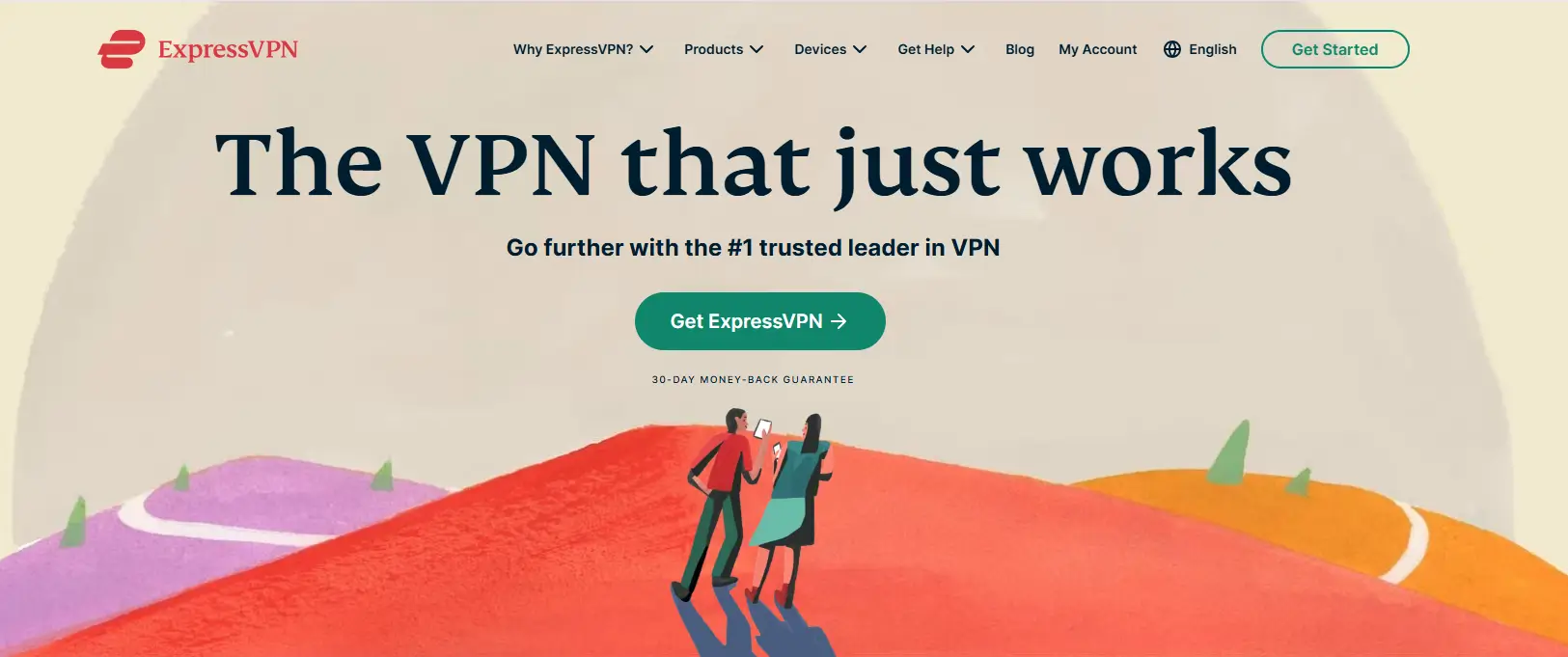
Key Features:
- 3,000+ servers worldwide.
- MediaStreamer DNS for devices that don’t support VPNs.
- Unblocks Netflix, Hulu, Disney+, and more.
Pros:
- User-friendly interface.
- Strong security protocols.
- 24/7 live chat support.
Cons:
- Slightly higher price point.
- More Information: ExpressVPN Review
Surfshark
Overview: Surfshark provides unlimited device connections and competitive speeds at an affordable price, making it a great option for families.
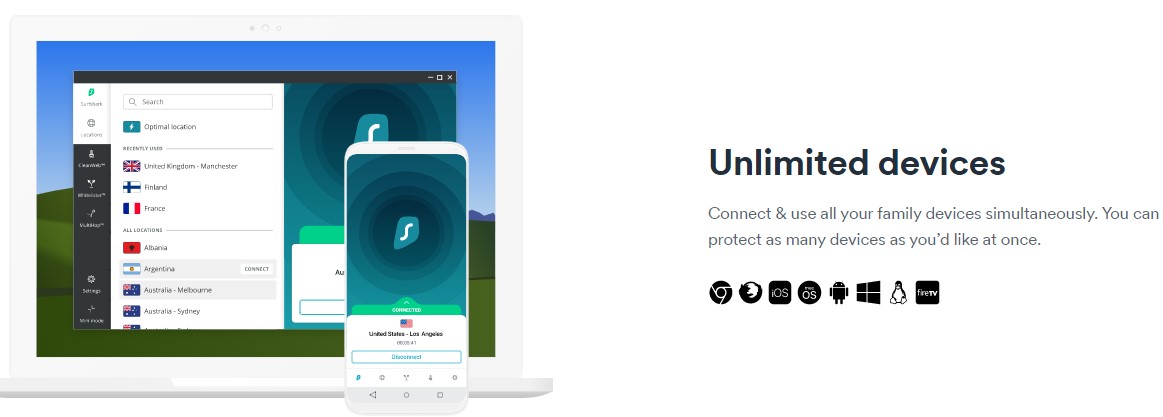
Key Features:
- 3,200+ servers in 100 countries.
- CleanWeb feature blocks ads and malware.
- Successfully unblocks various streaming platforms.
Pros:
- Budget-friendly.
- Unlimited simultaneous connections.
- Strong security features.
Cons:
- Occasional slower speeds on certain servers.
- More Information: Surfshark Review
CyberGhost
Overview: CyberGhost offers specialized servers optimized for streaming, ensuring a seamless viewing experience.
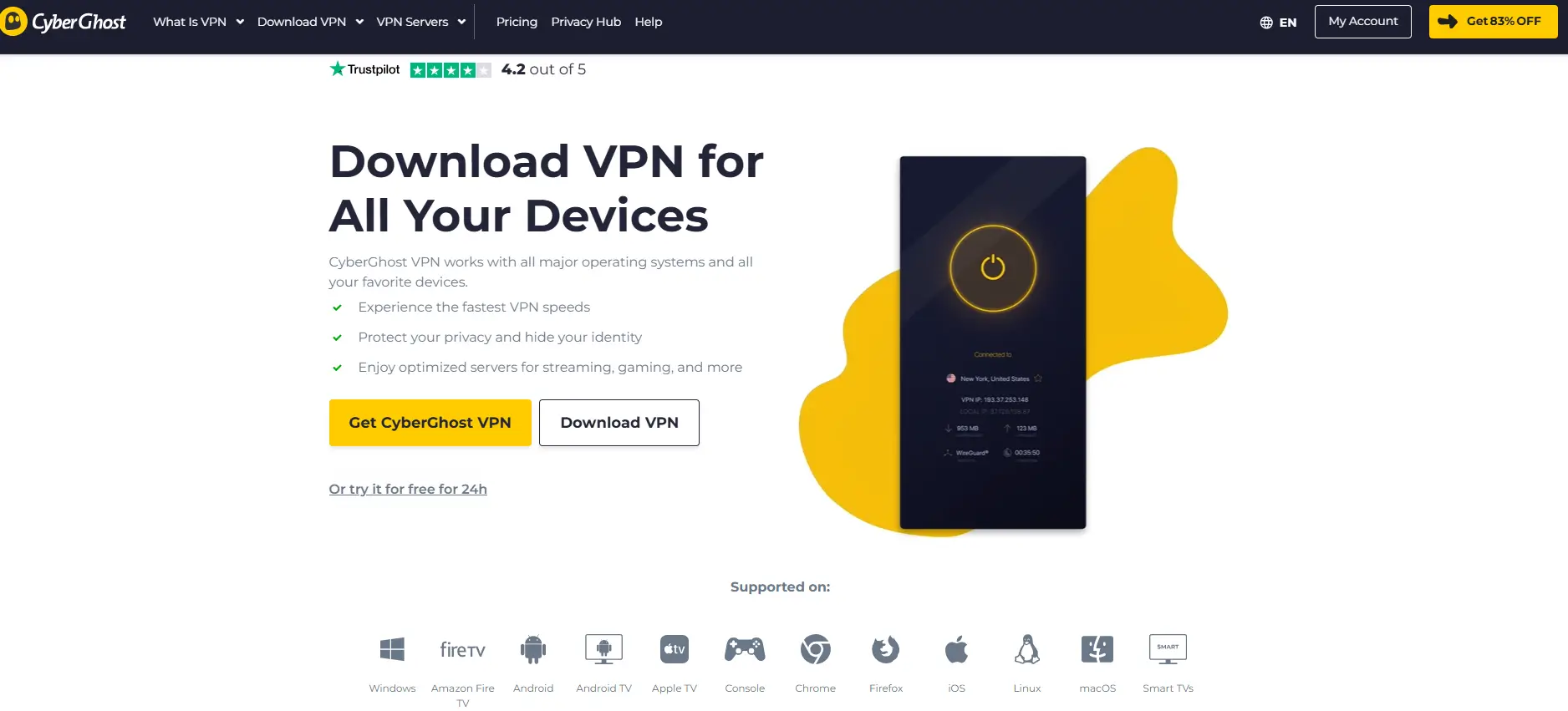
Key Features:
- Over 7,000 servers in 90 countries.
- Dedicated streaming servers for platforms like Netflix and BBC iPlayer.
- User-friendly apps for various devices.
Pros:
- Easy to use.
- Strong privacy policies.
- Generous 45-day money-back guarantee.
Cons:
- Inconsistent speeds on some servers.
- More Information: CyberGhost Review
How to Set Up a VPN for Streaming on Multiple Devices
Setting up a VPN for streaming is easy, even for beginners. Here’s a step-by-step guide for various devices, ensuring you can enjoy buffer-free, unrestricted content anywhere.
1. Setting Up a VPN on Smart TVs
Many Smart TVs, such as Android TVs and Amazon Fire TVs, support VPN apps. If your TV doesn’t natively support VPNs, you can use alternatives like Smart DNS or a router setup.
For Android Smart TVs
- Choose a VPN: Select a VPN that supports Android Smart TVs (e.g., NordVPN, ExpressVPN).
- Download the VPN app: Open the Google Play Store on your Smart TV and search for your chosen VPN.
- Install and launch: Download the app, open it, and log in with your credentials.
- Connect to a aerver: Choose a server in the country of the streaming service you want to access (e.g., U.S. server for Netflix U.S.).
- Open your streaming app: Launch Netflix, Hulu, Disney+, or any other app, and start streaming.
For Amazon Fire TV/Firestick
- Open the Amazon app store on your Firestick.
- Search for and download the VPN app (e.g., Surfshark, ExpressVPN).
- Open the app, log in, and connect to the desired server.
- Return to your streaming app and enjoy unrestricted content.
If Your Smart TV Doesn’t Support VPN Apps
- Use smart DNS: VPNs like ExpressVPN offer a Smart DNS feature that works on TVs without native VPN support. Follow the VPN provider’s guide to configure DNS settings on your TV.
- Set up a VPN on your router: Configure the VPN on your Wi-Fi router to encrypt traffic for all connected devices, including Smart TVs.
Pro tip: Smart DNS doesn’t encrypt data but effectively bypasses geo-restrictions for streaming.
2. Setting up a VPN on Windows
Setting up a VPN on Windows is straightforward and requires just a few steps.
- Choose and download a VPN: Visit the official website of a trusted VPN provider like NordVPN, ExpressVPN, or CyberGhost.
- Install the app: Download the Windows version of the VPN app and install it.
- Launch the VPN: Open the app, log in, and choose a streaming-optimized server.
- Connect to a server: Select the desired server (e.g., U.S. for Netflix U.S., UK for BBC iPlayer).
- Start streaming: Open your favorite browser or streaming app and start watching.
Pro tip: For streaming via browsers, clear your cache and cookies to avoid location detection issues.
3. Setting up a VPN on macOS
Using a VPN on macOS is quick and simple:
- Download a VPN app: Visit the VPN provider’s website and download the macOS version of the VPN (e.g., ExpressVPN, Surfshark).
- Install and launch: Follow the installation steps and open the app.
- Log in and connect: Enter your credentials, select a server, and connect.
- Start streaming: Open your streaming platform, such as Netflix or Hulu, and enjoy geo-unblocked content.
Advanced option: You can also set up a manual VPN connection on macOS using the built-in VPN settings. VPN providers typically offer step-by-step instructions for manual setup.
4. Setting Up a VPN on mobile phones (Android & iPhone)
Streaming on mobile devices is popular for its convenience. Here’s how to set up a VPN on Android and iPhone devices:
For Android phones and tablets
- Download the VPN app: Open the Google Play Store and search for your chosen VPN provider (e.g., Surfshark, CyberGhost, NordVPN).
- Install the app: Download and install the VPN app on your Android device.
- Log in: Launch the app and sign in with your account details.
- Connect to a server: Choose a server in the desired location (e.g., U.S. server for Hulu).
- Launch your streaming app: Open Netflix, Disney+, or any platform, and start streaming content.
For iPhone and iPad
- Download the VPN app: Open the Apple app store, search for the VPN provider (e.g., ExpressVPN, NordVPN), and download the app.
- Install and launch: Install the app and open it.
- Log in: Enter your account credentials.
- Connect to a server: Choose a country where your streaming service is available.
- Start streaming: Open your streaming app and access content seamlessly.
Pro tip: Enable the “Auto-Connect” option on your VPN app to automatically connect to a secure server whenever you start streaming.
5. Setting up a VPN on Gaming Consoles (PlayStation & Xbox)
Consoles like PlayStation and Xbox don’t natively support VPNs, but you can still use them to access geo-restricted streaming apps.
Option 1: VPN on your router
- Set up the VPN directly on your Wi-Fi router.
- Connect your gaming console to the router.
- Launch streaming apps like Netflix or Hulu and enjoy unrestricted content.
Option 2: Share a VPN connection
- Set up the VPN on your Windows or macOS computer.
- Connect your console to the computer’s network via an Ethernet cable.
- Enable “Internet Sharing” on your computer.
Pro tip: ExpressVPN offers MediaStreamer DNS, which can be configured directly on consoles for bypassing geo-blocks.
6. Setting up a VPN on routers
Setting up a VPN on your router is ideal for streaming on multiple devices simultaneously:
- Log in to your router settings via your browser.
- Choose a router-compatible VPN provider (e.g., ExpressVPN or NordVPN).
- Follow the VPN provider’s guide for setting up on your router model (e.g., ASUS, Linksys).
- Connect all devices, including Smart TVs and consoles, to the VPN-enabled router network.
Benefit: All devices connected to the router are protected, and geo-restrictions are bypassed without individual setup.
What to Look for in a Streaming VPN
- Fast speeds for streaming in HD and 4K
- Unblocking capabilities for popular streaming services
- Secure internet connection and protection of personal data
- Unlimited simultaneous connections and a day money-back guarantee
Streaming Platforms and VPN Compatibility
What Streaming Platforms Work with a VPN?
- Netflix
- Amazon Prime Video
- BBC iPlayer
- Hulu
- Disney+
- Apple TV
Can I Use a VPN to Watch Sports on Streaming Services?
Yes, you can use a VPN to watch sports on streaming services by bypassing geo-restrictions that limit access to live matches, events, or exclusive sports channels. Platforms like DAZN, ESPN+, Kayo Sports, and BT Sport often restrict content to specific regions. By connecting to a VPN server in the required country, you can unlock these services and enjoy live sports, including football, basketball, UFC, and more, no matter where you are. A VPN also prevents ISP throttling, ensuring smooth, buffer-free streaming during intense moments of the game. For the best results, choose a VPN with high-speed servers optimized for streaming, like ExpressVPN or NordVPN.
Free vs Premium VPNs: What to Know
Choosing the right VPN requires understanding the features that impact your streaming experience. Here’s an expanded breakdown:
| Feature | Free VPN | Premium VPN |
| Speed | Limited, slow connections. | High-speed servers for HD/4K. |
| Data Limits | Often capped at 1GB/month. | Unlimited bandwidth. |
| Privacy | Sell user data or display ads. | Strong no-logs policy. |
| Reliability | Poor at unblocking services. | Consistently unblocks content. |
Final Thoughts
Choosing the best VPN for streaming requires careful consideration of several key factors to ensure an optimal experience. The right VPN should offer fast and reliable connection speeds, effortlessly bypass geo-restrictions, and provide a vast network of servers in multiple locations. Additionally, it should support high-quality streaming with minimal buffering while maintaining robust security and privacy features.
Look for a VPN with user-friendly apps across various devices, enabling seamless access to your favorite streaming platforms. Prioritize providers with dedicated features for streaming, such as optimized servers or smart DNS, to further enhance performance. Finally, ensure the VPN adheres to a no-logs policy, safeguarding your online activity and personal data.
By evaluating these criteria and choosing a reputable VPN, you can unlock a world of entertainment, enjoy unrestricted access to content globally, and stream with peace of mind.
FAQ
Q: Why do I need a VPN for streaming?
A: A VPN helps bypass geo-restrictions, allowing you to access content from different countries. It also protects your privacy by encrypting your internet connection, preventing ISPs and third parties from tracking your activity.
Q: Will a VPN slow down my streaming speed?
A: Some VPNs may slightly reduce your speed due to encryption and rerouting, but premium VPNs offer fast servers optimized for streaming to minimize buffering and lag.
Q: Can a VPN unblock Netflix, Hulu, and other streaming services?
A: Yes, many VPNs can bypass regional restrictions on platforms like Netflix, Hulu, Disney+, and BBC iPlayer. However, not all VPNs work consistently, so choosing a reliable service with streaming support is important.
Q: Is using a VPN for streaming legal?
A: In most countries, using a VPN for streaming is legal, but it may violate the terms of service of some platforms. Always check local laws and streaming service policies before using a VPN.
Q: What features should I look for in a VPN for streaming?
A: Look for fast speeds, a large server network, strong encryption, no-logs policy, and the ability to bypass geo-blocks. Dedicated streaming servers and unlimited bandwidth are also useful for smooth playback.
Q: Can I use a free VPN for streaming?
A: Free VPNs often have data limits, slower speeds, and fewer servers, making them unreliable for streaming. A paid VPN with optimized streaming performance is a better choice for uninterrupted viewing.
Q: How do I set up a VPN for streaming?
A: Simply download and install the VPN app, log in, choose a server in the country where the content is available, and connect. Then, open your streaming service and start watching without restrictions.




